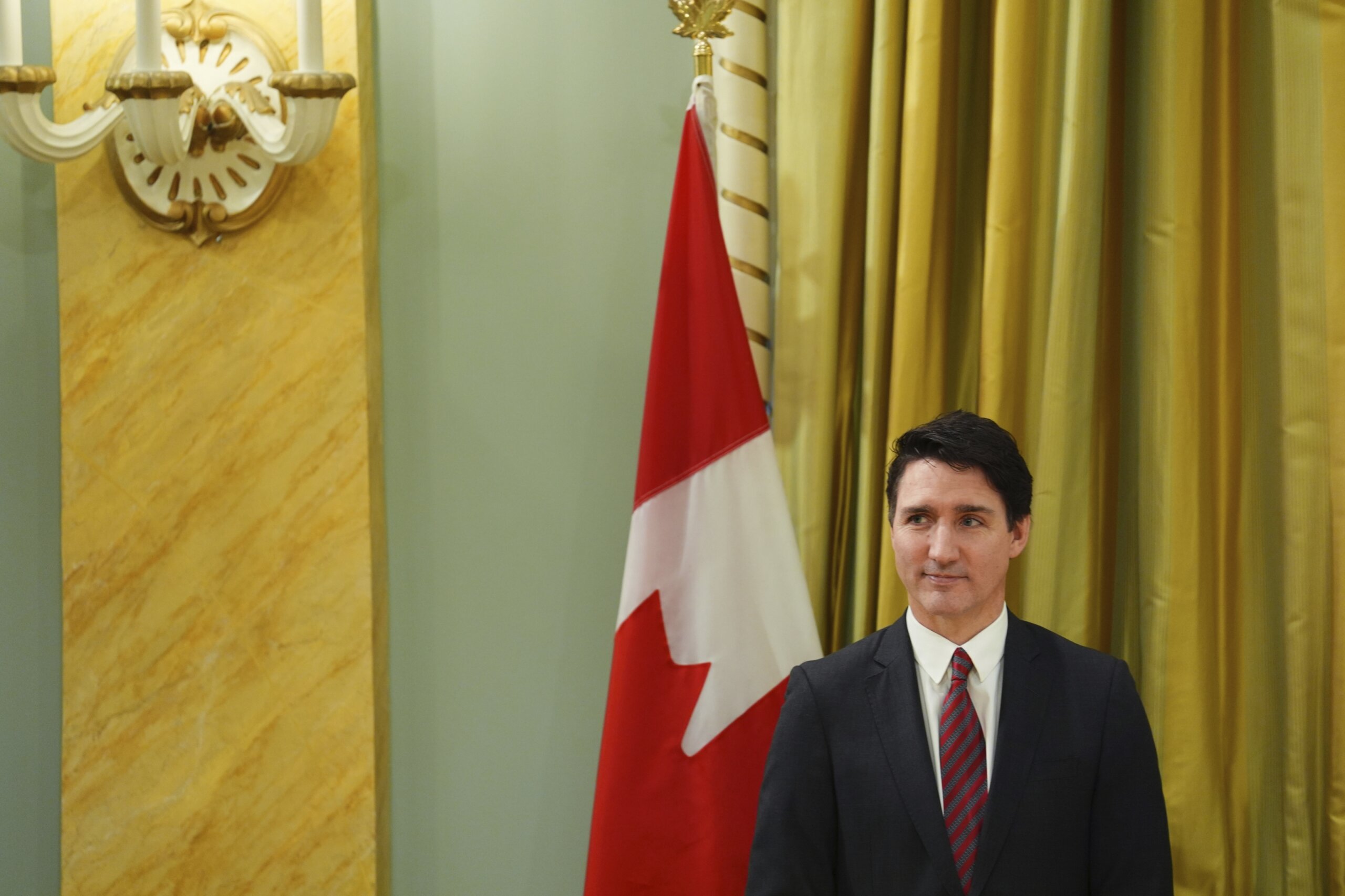Trump’s Proposal to Make Canada the 51st State Amid Trudeau’s Resignation
In a surprising turn of events, President-elect Donald Trump has reiterated his controversial proposal suggesting that Canada should become the 51st state of the United States. This statement comes on the heels of Canadian Prime Minister Justin Trudeau’s announcement of his resignation, signaling major shifts in North American politics.
Trump’s Bold Statement on Social Media
On Monday, Trump took to Truth Social to share his thoughts, rallying supporters with the assertion that “many people in Canada LOVE being the 51st State.” He highlighted ongoing trade deficits and subsidies that he claims are burdensome for the U.S. economy. “The United States can no longer suffer from the massive Trade Deficits and Subsidies that Canada needs to stay afloat,” Trump posted.
Further expounding on the benefits of this hypothetical union, Trump stated, “If Canada merged with the U.S., there would be no tariffs, taxes would drop significantly, and they would be TOTALLY SECURE from the threat of Russian and Chinese ships constantly surrounding them. Together, what a great Nation it would be!”
Background on Trump’s Previous Discussions with Trudeau
Trump’s proposal isn’t entirely new. Reports from Fox News in December indicated that Trump had previously pitched the idea directly to Trudeau during a meeting at Mar-a-Lago in late November. This encounter was reportedly prompted by Trump’s threats of substantial tariffs on Canadian imports, which were met with Trudeau’s unexpected visit to Trump’s Florida estate.
During their meeting, they covered significant topics including the fentanyl crisis, fair trade agreements, and addressing the trade imbalance that Trump argues negatively impacts American workers. “We discussed many important topics that require collaboration between our countries,” Trump elaborated after the meeting.
Trudeau’s Resignation: A Result of Growing Dissatisfaction
Earlier on the same day Trump made his comments, Justin Trudeau officially announced his resignation as Prime Minister of Canada and as leader of the Liberal Party. In a public statement, he explained, “I intend to step down as party leader, as Prime Minister, after the party selects its next leader through a vigorous, nationwide competitive process.” This resignation was framed as a necessary step to allow the party to focus on uniting behind a new leader ahead of the next election.
Political Climate and Challenges Facing Trudeau
Trudeau’s tenure, which has spanned nearly a decade, has been marked by increasing dissatisfaction among the Canadian public, especially due to rising inflation and the soaring cost of living. Pressure for his resignation has mounted not only from opposition leaders but also from within his own Liberal Party, with at least seven members openly suggesting he step down.
The situation escalated following the sudden resignation of Finance Minister Chrystia Freeland, who issued a scathing critique of Trudeau’s management of economic issues. In her public letter, she also alluded to the pressures stemming from Trump’s looming trade threats, hinting at the broader implications of U.S.-Canada relations under Trump’s administration.
Reactions and Implications of Trump’s Proposal
The reactions to Trump’s proposal and Trudeau’s resignation have been varied. Many in Canada view the notion of merging with the U.S. as impractical and politically charged, while Trump’s supporters see it as a chance to strengthen economic ties and eliminate hurdles such as tariffs and trade barriers.
This moment could signify a significant turning point in North American politics, potentially reshaping the landscapes of both countries as they navigate trade, national security, and diplomatic relations. As the Liberal Party embarks on the search for a new leader, the political climate in Canada remains charged, with repercussions likely resonating far beyond its borders.
The Road Ahead
With Trump’s impending presidency and a shift in Canadian leadership, the dynamics between the two nations could undergo dramatic changes. Questions about trade, national security, and cultural ties will dominate discussions as both countries look to redefine their relationship. How Canada’s new leadership will respond to Trump’s bold proposals remains to be seen, but it will undoubtedly be a critical focal point in the coming months.
This report includes contributions from Fox News’ Michael Dorgan, Caitlin McFall, and Danielle Wallace.
